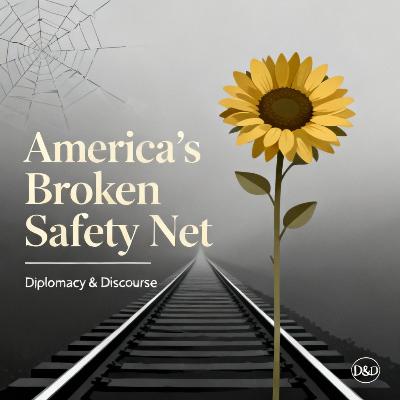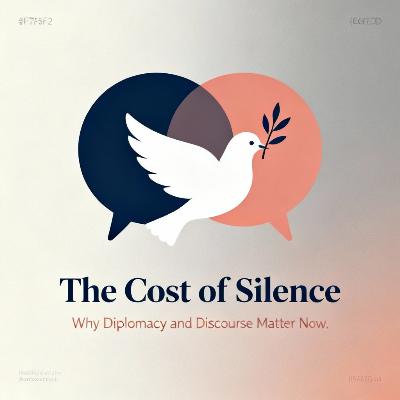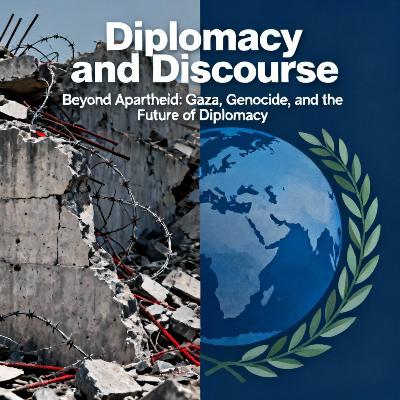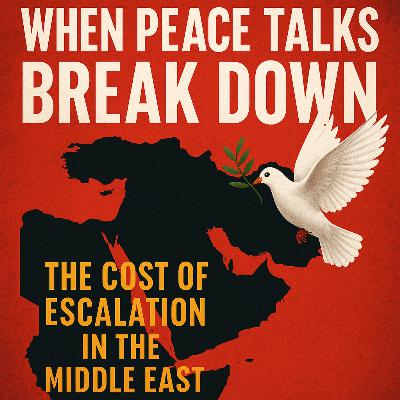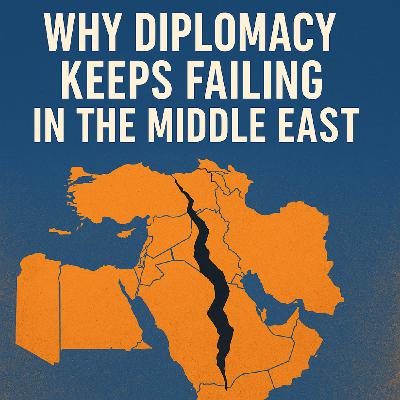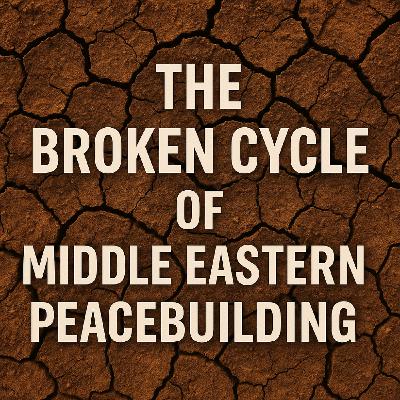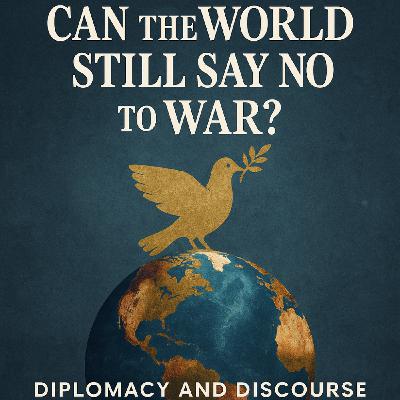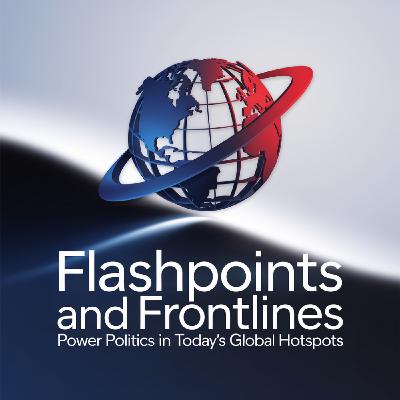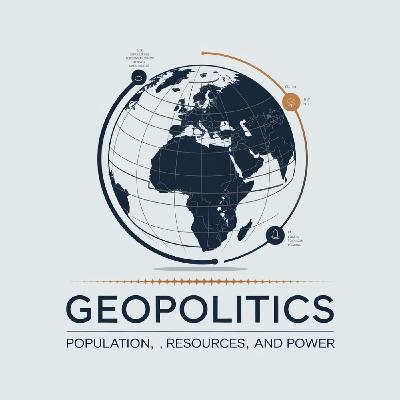#25 Pt. 3 - Islam, Law, and the West
Update: 2025-10-29
Description
- What this episode asks: Can Islam, as lived and organized in Western democracies, align with one secular legal order, strong free-speech protections (including for blasphemy), and full gender/LGBTQ equality?
- Migration facts vs. fears: EU registered ~14M first-time residence permits (2015–2024). Muslim share remains single-digit and rising gradually; local concentration drives perceptions. Expect Pew’s next Europe update around 2026; arc remains incremental, not explosive.
- Sharia and secular law: Europe’s courts remain secular; most “Sharia councils” offer non-binding advice. Outcomes track integration quality—language, work access, civics, and consistent enforcement—more than slogans.
- Crime and gender violence: Young men in deprived urban pockets (native and foreign) drive a disproportionate share. Adjusting for age and place shrinks—though doesn’t erase—over-representation. Best results pair targeted policing with youth employment pipelines.
- Fertility and EU‑27: EU‑27 TFR ~1.53 (2024) vs. ~2.1 among Europe’s Muslim residents; differences narrow across generations. Younger age structure among migrants cushions aging but doesn’t upend majorities.
- Canada’s stress test: 500k immigrants/year through 2027 aids an aging society but strains housing. Success hinges on sequencing—schools, housing, transit, and francophone targets—so contributions materialize sooner.
- Christians under pressure abroad: Violence and emigration are hollowing ancient communities in parts of the Middle East and Africa—context for broader migration flows.
- The compatibility frame: Friction points—legal supremacy, free speech/blasphemy, gender/LGBTQ equality, and security. Reconciliation is possible where religious bodies commit clearly to secular primacy and equal civil rights; where hedged, conflict persists.
- Policy throughlines: Smart borders + deep integration + “boring but reliable” family policy. Publish local absorption capacity, align targets to delivery, and communicate the data plainly.
Resources referenced
- Eurostat migration, aging, and dependency data
- Pew Research projections (2017 baselines; next comprehensive Europe update expected around 2026)
- National criminology briefs (e.g., Sweden 2024; Germany/BKA 2025)
- IFOP and YouGov polling on perceptions of Sharia and integration
- UNICEF, Open Doors, and NGO reporting on minority persecution and child marriage patterns
Comments
In Channel




